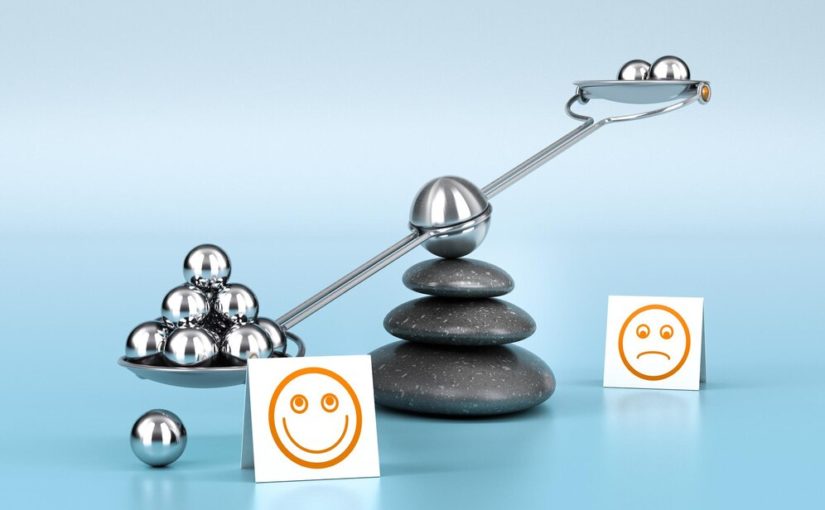Feelings are the result of emotions. Positive feelings are a result of our thinking. According to Barbara Fredrickson, everyone can enable positive feelings through self-exploration:
- Happiness: what observation would make me happy under different circumstances?
- Gratitude: What can I be grateful for in this situation? What have I learned and what will I be grateful for in the future?
- Cheerfulness: How can I change the context so that it cheers me up? What elements would I enjoy under different circumstances?
- Interest: What was unexpected, what made me curious and what would I like to understand better?
- Hope: What can I change to make a difference next time? What can I do to make it more fun?
- Pride: What was I proud of in this situation? Which skills did I use best? What thought patterns got me this far?
- Pleasure: What could I have laughed at because it came as such a surprise?
- Inspiration: What behaviour, what message from my conversation partner did I find inspiring?
- Awe: What was so fascinating, wonderful, and heart-warming and made a deep impression on me? What is the big picture that is different from normality?
- Love: Was there a moment when all the above feelings came together?
This is challenging in many situations, but it helps us to build resilience. Practicing this promotes positive feelings, which lead to positive thinking, which leads to behaviour change.
In the long term, such thinking will transform challenging and static thinking patterns and beliefs into a growth mindset and positive thinking, and appropriate, empowering behaviour.
Give it a try!
For more information, read my book from side 114 forward:




